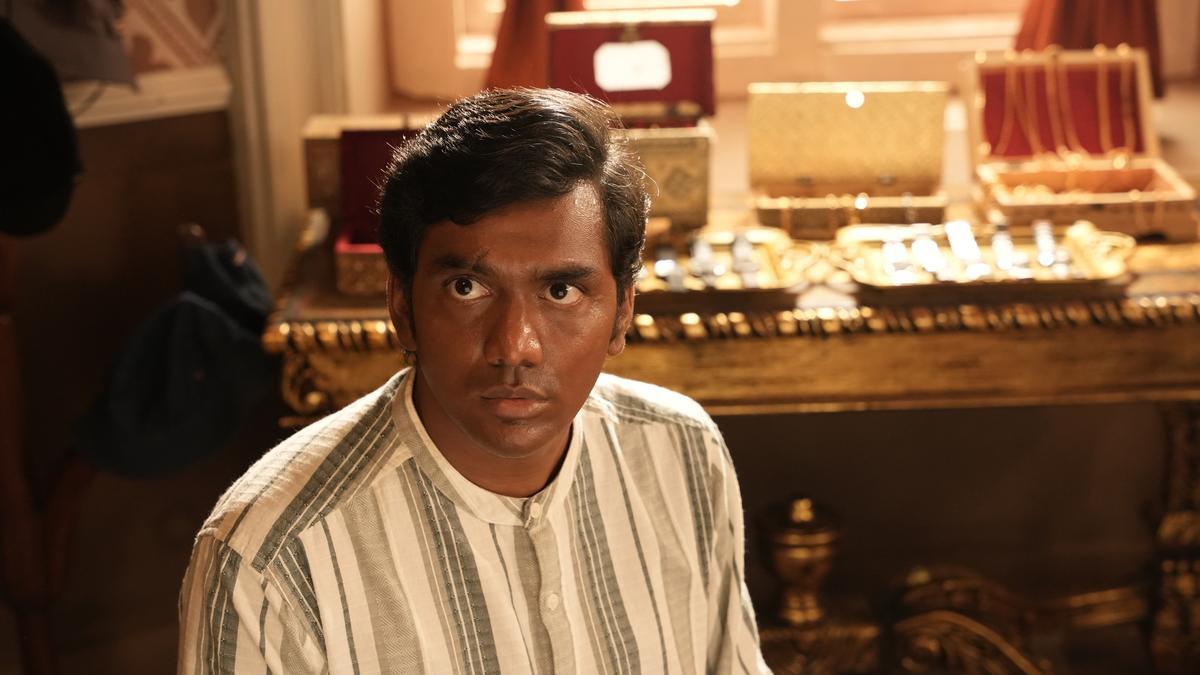
A pall of grief settled over the music world this Monday as renowned ghazal singer Pankaj Udhas, passed away at the age of 72. The cause of death was a prolonged illness that finally claimed the life of the beloved musician. Mourners gathered at his Mumbai residence to bid adieu to the Padma Shri recipient, whose voice had touched countless hearts across generations.
As the day progressed, the residence of Pankaj Udhas saw an influx of noted personalities from the music fraternity. Among them were Shankar Mahadevan and Ustad Zakir Hussain, both distinguished figures in their own right, who arrived to offer their condolences to the family of the deceased singer. Mahadevan, visibly shaken by the loss, commented on Udhas’s enduring optimism. He expressed his hope that the singer’s family would find the strength to bear the immense loss, acknowledging the shock and despair that the news had brought upon them.
Pankaj Udhas’s journey began on May 17, 1951, in Jetpur, Gujarat, where he was born into a world soon to be enriched by his melodic contributions. Breaking into the limelight in 1980 with his solo ghazal album ‘Aahat’, Udhas quickly became a symbol of the genre’s golden era. His subsequent albums, such as Mukarar (1981), Tarrannum (1982), and Mehfil (1983), solidified his standing as an artist of high repute. His voice lent itself to many popular hits, including ‘Chitthi Aayi Hai’, ‘Na Kajre Ki Dhaar’, and ‘Chandani Raat Mein’, which resonate with audiences to this day.
Anu Malik, a composer who frequently collaborated with Udhas, reminisced about the latter’s personality, one that contrasted the often somber tone of his music. Malik painted a picture of Udhas as not merely a colleague, but as a cheerful individual with a remarkable sense of humor. Highlighting his unpretentious nature, the composer shared how Udhas welcomed all types of songs with open arms and harbored immense pride in his craft.
Beyond concert halls and recording studios, Pankaj Udhas held close the values of family and humility. His dedication to his wife and two daughters was well-known, as was his love for the home he had built. Despite his stardom and the demands of his profession, Udhas remained grounded, emulating the essence of the poignant verses he sang.
The impact of Pankaj Udhas’s passing extends far beyond his immediate circle. His absence leaves a void in the world of ghazals and the broader spectrum of Indian music. Colleagues and admirers alike lament the loss of a shining star whose contributions have indelibly marked the landscape of South Asian music.
The gentle strumming of strings and the melancholic echoes of harmoniums will miss the complement of Udhas’s velvety voice. His songs not only expressed the poetry of love and longing but also voiced the nuanced emotions that lay within the hearts of his audience.
With heavy hearts, the music community observes the conclusion of a melodious era that Udhas defined. The legacy he leaves behind is not simply in his recordings, but also in the inspiration he provided to aspiring artists and the solace his songs brought to a multitude of souls. As the last rites are performed, the strains of his voice linger in the air, a testament to the timeless nature of his art.
Farewell then, to Pankaj Udhas—a man whose music will forever echo in the corridors where love, loss, and longing reside. His journey through life may have ended, but the tracks he has left behind will guide generations of music lovers through theirs.










